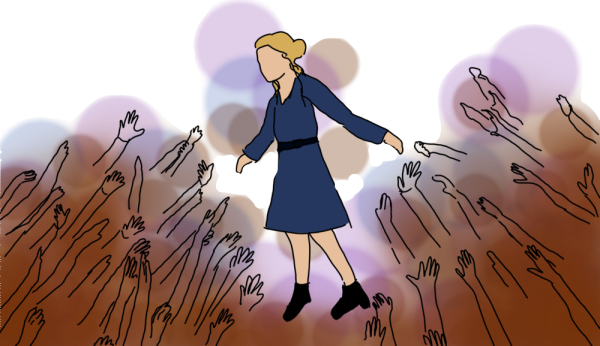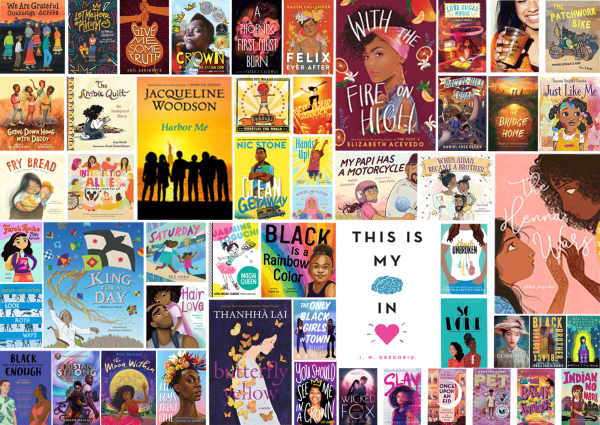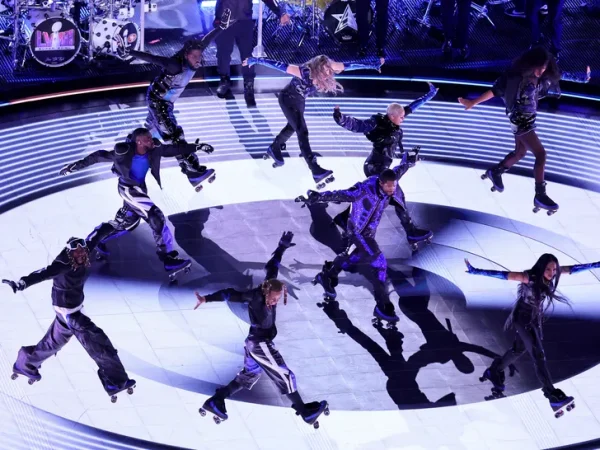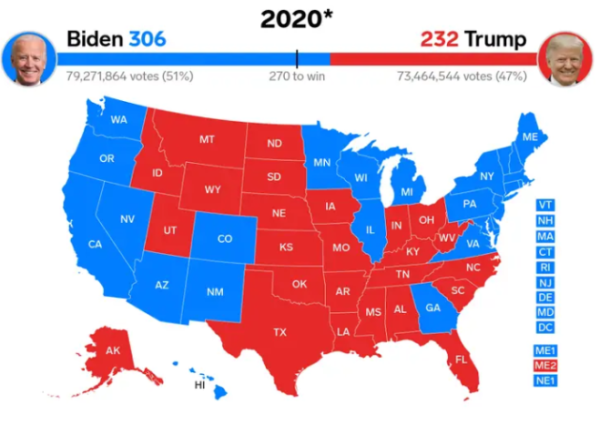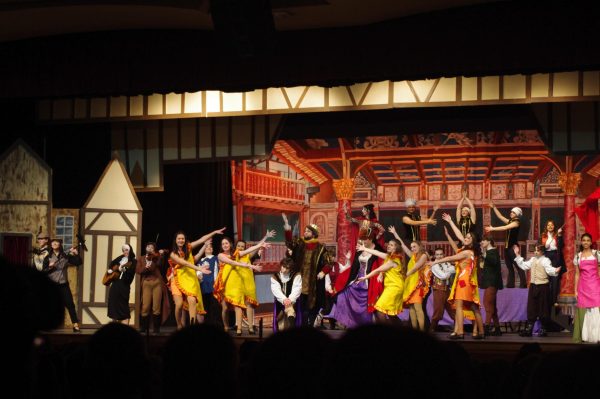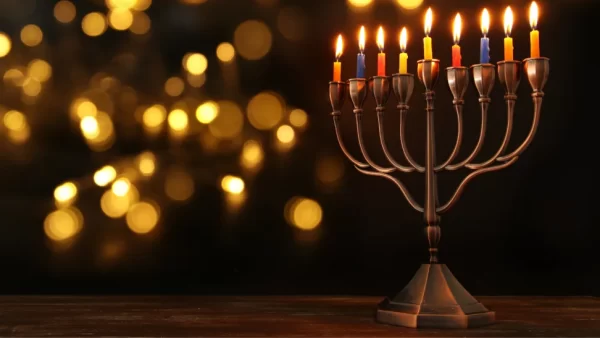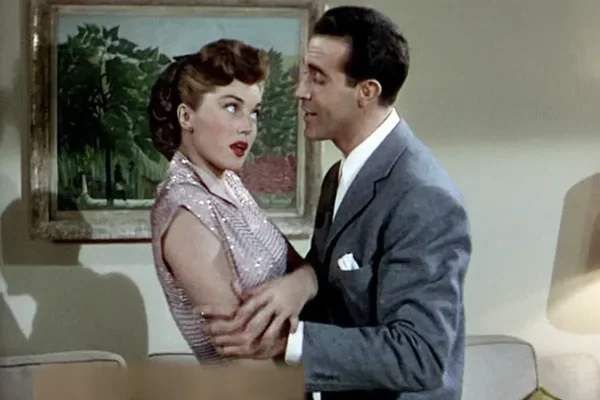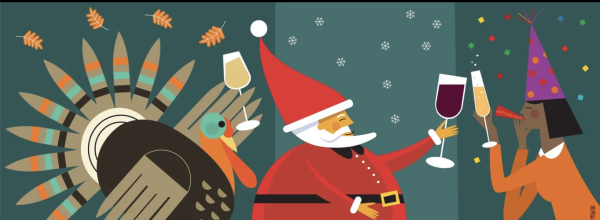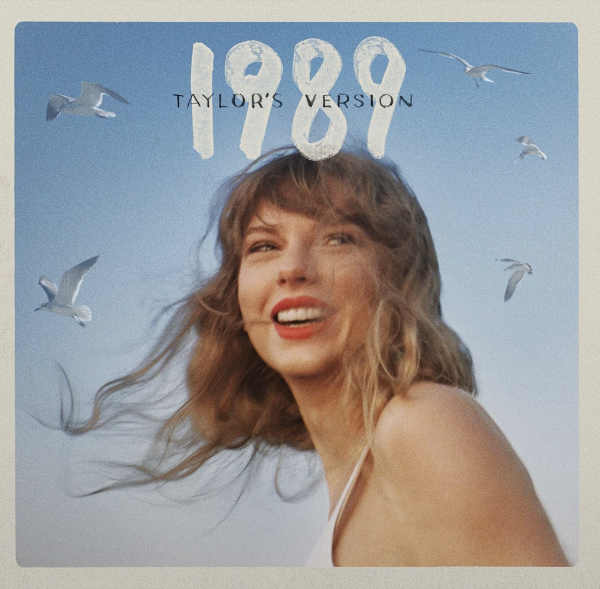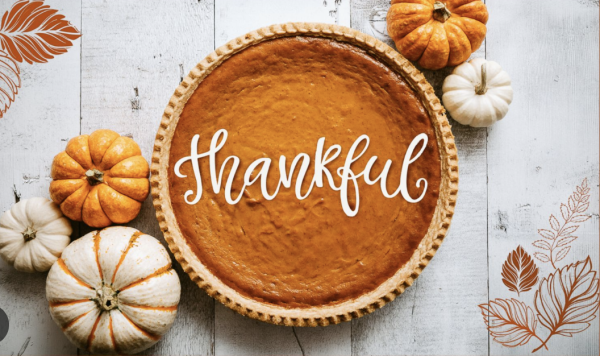Innocent Blood, Ukrainian Soil
Blood and soil.
This was the slogan of a long dead empire. It burned bright, fueled by the hatred of millions and the slaughter of millions more. It burned fast and, by 1945, a new Europe was born from the ashes. Nazi ideology had been not only rejected, but beaten into firm submission by all the world’s powers, flawed as they may have been, in the name of justice and peace.
On February 24, 2022, Russian president Vladimir Putin announced a special military operation in the Donbas region of Ukraine. War in Europe was, by this point, nothing but an unpleasant memory.
But things change.
Today, we no longer live in an unprecedented era of peace, but in a violent and tumultuous present. Tens of thousands lie dead who only a month ago were living. Tens of thousands of mothers and daughters, fathers and sons, have unceremoniously met their fate. Tens of thousands of soldiers have been tossed aside in the name of a dead empire, fallen well before any of them were born.
It’s sickening. How could anyone justify such a barbaric display?
Well, if you care to hear some curious rewrites of history, President Putin has plenty of answers. To him, the moral necessity of war is evident. Among other things, he has decried the statehood of Ukraine as an error of history (as to how that justifies full-on invasion, I’m not sure).
To Putin, Russia and Ukraine are one and the same: parts of a greater Russian nation. They are intimately tied by history, and by blood. Ukrainian soil is, then, Russian soil. It is the right of the Russian Federation, on behalf of the Russian nation, to correct this grave historical error which has severed from Russia its entitlement to Ukraine.
This argument rests on the implicit notion that the nation-state is an inherent good to which humanity should aspire. The nation itself is, however, difficult to define. Many see shared cultural values as the identity of the nation. No race, nor language, nor creed is what defines an American, after all. No, for many, the nation is a shared set of cultural values. For example, the American Dream is, in a sense, the American national ethos. This is an idea known as civic nationalism, and it is one which I hold no opposition to.
But there exists another kind of nationalism, which has reared its ugly head in Eastern Europe: ethnic nationalism. De jure or de facto, its presence was felt in Hitler’s Germany, Jackson’s America, Talaat Pasha’s Turkey, and many more. The nation is a real community in the mind of the ethnic nationalist. The nation is in fact, to them, united by race, language, and creed.
So what happens, then, when the nation becomes conflated with the state? What happens when the law is written for the nation above all else? After all, the Jew was not a German, nor the Cherokee was an American, nor the Armenian a Turk.
They all met the same fate: mass expulsion for the lucky, and mass slaughter for the rest.
Perhaps, this is all unfair to bring up. Maybe the Russian Federation really will grow sick of needless death and destruction. Then again, the Ukrainian city of Mariupol has already reported thousands deported to Russia. I remain, at best, wary of the future.
In any case, I’m writing this today because of the nature of this war beyond mere invasion. This war is one which will, more than anything in recent history, test the nation-state itself. Anyone can see it, for there are not only two nations, but two visions of nationhood, fighting in Ukraine.
On one side stand millions defending their homes, their businesses, and their families from an invading foreign power. They have taken to the streets, they have banded together beyond petty divides. Leaders fight just as the people do, singing the song of liberty in Ukrainian and Russian alike. To anyone who could have doubted it before, Ukraine is inarguably a nation now.
But on the other side stands the decaying husk of a dead Russian empire. Their soldiers were lied to. Some were abducted from Moscow for protesting the war, placed instead on its front lines. They were told they would be welcomed as heroes. Instead, they have been welcomed as what their leaders have forced them to be: pawns of an imperialist agitator. Left and right, they die in vain, some no older than our fellow students here. They point rifles against friends and family in Kiev, Kharkiv, and Mariupol while their president sits safely in the Kremlin.
President Putin has claimed this war in the name of “de-Nazifying” Ukraine. It is his view that the specter of neo-Nazism has hung for years like a cloud over Ukraine.
And that’s an odd thing for him to say.
The Nazis were, as we’ve seen, not unlike Putin himself. In his own words, “Since time immemorial the people living in the south-west of what has historically been Russian land have called themselves Russians and Orthodox Christians.” This is, to Putin, enough to justify the seizure of a nation from its people and, from a people, their lives. It’s textbook ethnic nationalism.
President Putin has further described an “aggressive nationalism and neo-Nazism which have been elevated in Ukraine to the rank of national policy.” But, if you will, take a second to examine who the Nazis were: historical revisionist, ethnic nationalist, imperialist, corrupt, murderous war-mongers. With a resumé like that, you may as well be describing Vladimir Putin.
I think I’ve made my point, so I’ll end with a word to the people of Ukraine (on the off chance they read this). A certain Russian president once said, “Your fathers, grandfathers, great-grandfathers did not fight the Nazis… so that today’s neo-Nazis can seize power in Ukraine.”
Слава Україні; I couldn’t agree more.
